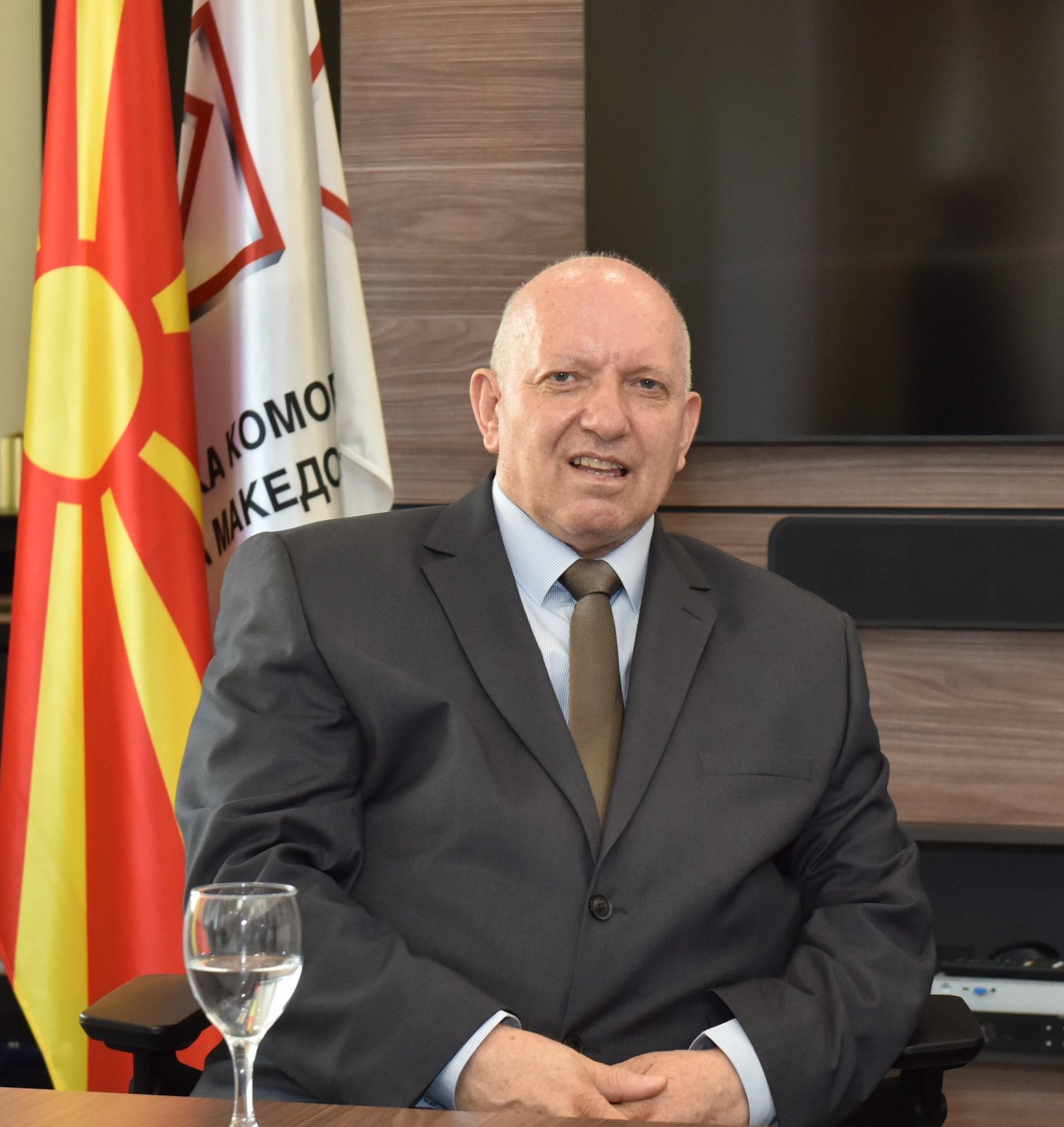„Dimitrie Cupovski“ 13, 1000 Skopje +38923244000 ic@mchamber.mk
„Dimitrie Cupovski“ 13, 1000 Skopje +38923244000 ic@mchamber.mk
16/12/2024
|
The Management Board of Directors of the Western Balkans 6 Chamber Investment Forum (WB6 CIF), an association uniting six chambers of commerce from the Western Balkans, will hold its 33rd session tomorrow (17 December 2024) in Skopje. The host will be Branko Azeski, Deputy President of WB6 CIF and President of the Economic Chamber of North Macedonia.
During the session, regional chamber leaders will discuss the key priorities for WB6 CIF's activities in 2025, particularly focusing on the implementation of the new Action Plan for the Common Regional Market. WB6 CIF plays an active role in the governance structure of this process, overseeing the implementation of measures led by the private sector.
By adopting and implementing EU standards as the foundation of measures within the Common Regional Market, the Action Plan serves as a critical gateway to the EU single market in various sectors and as a tool for advancing EU accession processes. Engaging regional chambers through WB6 CIF is essential to maximizing these benefits.
.jpg)
Domestically, key economic activities seem to be falling into place. The state budget has been adopted, activities related to the Hungarian loan are nearing completion, Bechtel-ENKA are now operational, foreign investments are ongoing, and several crucial laws are under review, including the Law on Labor Relations addressing Sunday as a non-working day. Therefore, after three years of implementation, this law is being re-evaluated.
The 3% GDP growth in the third quarter provides momentum and optimism that 2025 could mark a turning point, setting a precedent for higher annual growth rates. To this end, on Friday (13 December 2024), the Chamber organized two events focused on its priorities: combating corruption and developing skills aligned with business needs in higher education institutions, building on the successes achieved in dual education in secondary schools.
To summarize, the business sector is a structure that operates with a long-term vision and currently stands as the sole cohesive partner across various dimensions: interstate, interethnic, interfaith, intergenerational, and more.
(2).jpg)
Our proposal is straightforward: support our commitments, so the business sector can, in turn, support you.
P.S.. After the New Year holidays, our activities will resume with two significant initiatives:
1. A working meeting of the Association of Balkan Chambers (ABC) will take place in Skopje, focusing exclusively on the development of infrastructure in the Balkans as a means to boost business, particularly addressing the railways, a critical yet problematic aspect of transportation. This week, I will meet with my colleagues from Greece and Türkiye, Masoutis and Hisarcıklıoğlu, to finalize ABC conclusions.
2. On the domestic front, we will launch the Export Institute, an initiative stemming from the Private Sector Regional Integration Support Activity (PSRISA), implemented in partnership with USAID. This will coincide with the inauguration of the new composition of the National Export Council, a unifying body for the private and public sectors concerning exports.